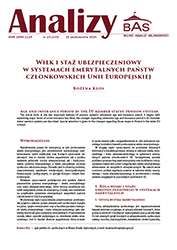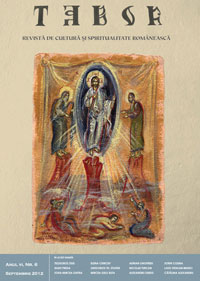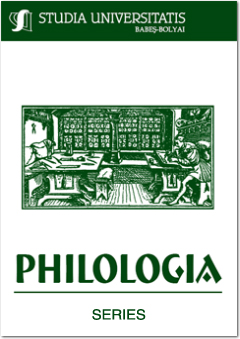Saradnja Jugoslavije i Poljske u oblasti nuklearne energije krajem 50-ih godina
Cooperation between Yugoslavia and Poland in domain of nuclear energy maintained within normalization of bilateral relations in the middle of 50s, after being stopped because of Yugoslav conflict with Inform biro in 1948. Cooperation possibility in domain of peaceful implementation of nuclear energy was mentioned for the first time within diplomatic circles in the middle of 1955, but first concrete steps were made at the end of 1956. Key event for development of cooperation between Yugoslavia and Poland was signing of the Agreement of cooperation in domain of peaceful implementation of nuclear energy during April 1957 in Warsaw. From that moment, the cooperation maintained on the basis of annual plans and protocols which were confirmed by delegates through negotiations. It was improved through experts, scientists and delegations visits from both sides, organization of seminars and conferences, literature exchange, so information, materials, instruments and technical documentation, but also through exchange of scientists and experts which specialized and improved their knowledge in domain of various implementations of nuclear energy and direct contact establishment between scientific institutes and economic organizations. The cooperation included different areas of research: mining and geology researches and technology of nuclear raw materials; basic researches within physics and chemistry; creation and exploration of reactors; manufacture and implementation of radioactive isotopes in biology, medicine, agriculture and technical sciences; protection of radiation etc. At the beginning the cooperation was widely implemented in all areas of nuclear science, but after reduced and concentrated on areas and problems which satisfied needs of both sides, so made available comparison of results and common research. Reduced exchange of information was conditioned by development of cooperation between both countries with USSR and western countries.
More...



